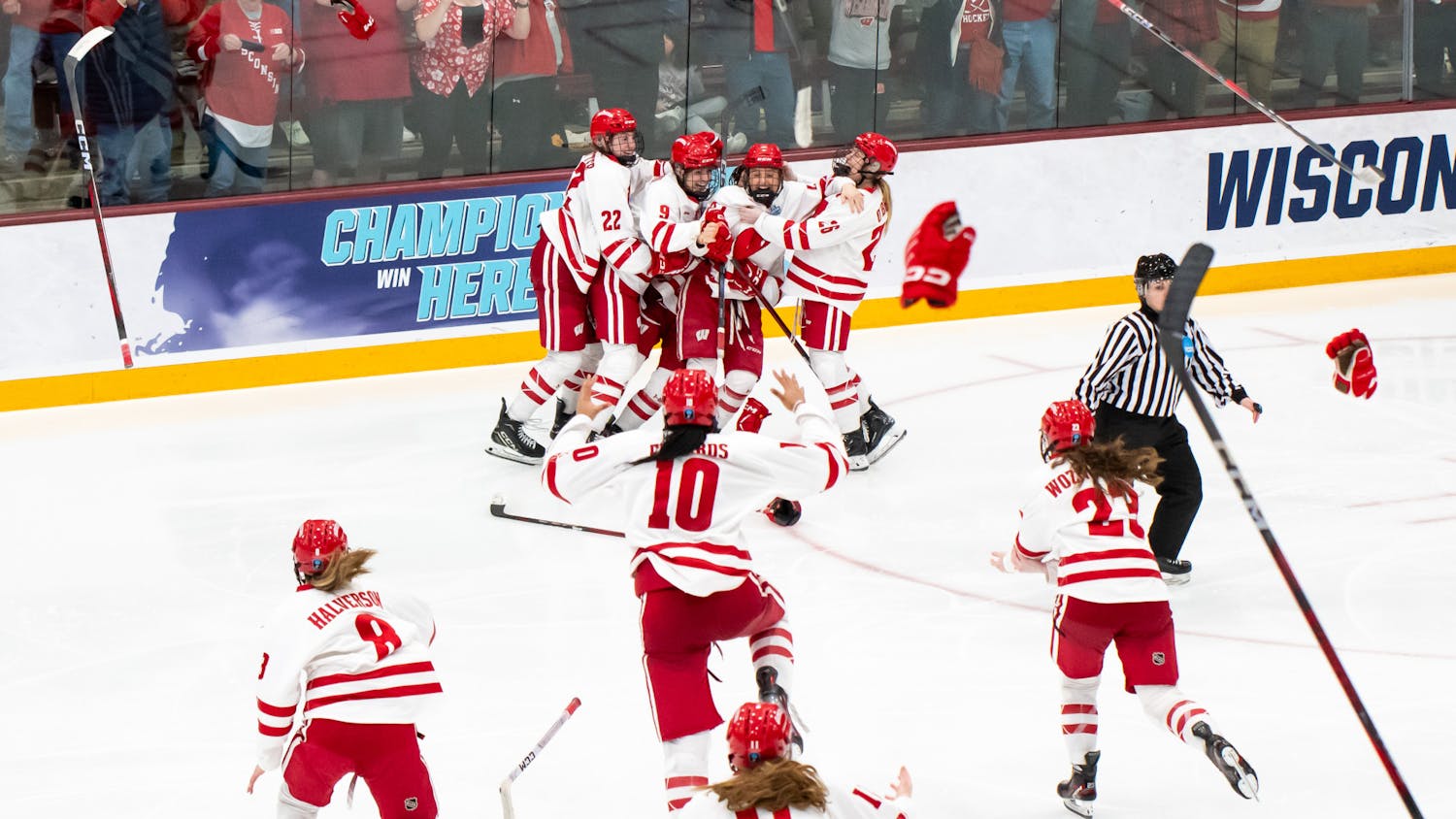A professor—the top faculty recruit for the Department of Gender and Women’s Studies—recently rejected an offer from UW-Madison, citing the “chilling effect” Wisconsin’s political climate has on the university, according to the chair of the department.
The professor, who the chair declined to name but specified that he researches transgender health care and transgender identity, decided to turn down the offer shortly after Wisconsin quit providing health insurance coverage for state workers seeking gender reassignment surgery.
“I certainly can't control what the insurance board is deciding. I can't,” said Judith Houck, the GWS department chair. “It does have a chilling effect on people's academic life, on their emotional life, on their personal life, to hear that some kinds of treatments that some people feel are lifesaving and essential are not being provided by our health care provider.”
Houck said the professor didn’t specifically mention the halting of coverage during their telephone conversation.
Instead, he remained general in his critiques of legislators overreaching into UW syllabi, according to Houck. Still, she noted the timing, saying it led her to believe he heard about the situation, and that it “would have given him sort of ammunition for his beliefs that this is not a good place to do research on trans health, on trans identity.”
At UW-Madison, conflict over the decision to halt coverage has already started.
The ACLU of Wisconsin filed a lawsuit April 7 in the U.S. District Court in Madison for two UW-Madison employees who are transitioning with gender reassignment surgery, a procedure that costs more than $25,000. The lawsuit states they were illegally denied necessary health care because of the halting of their coverage.
Even in the face of health care changes and spats with legislators, Houck said UW-Madison is a great place to do “cutting-edge, radical or politically risky” research. Though Houck said she believes her department and the entirety of the university would have supported him and his research, she pointed out the effect political overreach had on faculty recruiting.
“I feel like we could have protected him from political winds,” Houck said. “Whether I'm right in that, I don't know but I think that's the case.”
Houck, who has been chair of the GWS department for four years, said this case was an exception, as a rejection due to political reasons isn’t common. Still, UW-Madison spokesperson Meredith McGlone said the university recognizes that the state's “support for higher education, both in policies and funding, is top of mind for our faculty.”
McGlone said UW-Madison has attempted to address these issues through a sustained campaign for reinvestment in the university, by reaching out to state residents “about the value of the university and strong retention packages of research support for faculty who receive outside offers.”
Even though the GWS department lost their first choice due to political reasons, Houck said she is thrilled with who eventually accepted the position.
“We are over the moon, we are thrilled with whom we have,” Houck said. “I don't consider it a loss, we just had the opportunity to hire somebody else who was also great.”
Houck asserted that the “assaults on tenure” were probably also part of the professor’s decision to decline the offer. She said many candidates asked if UW-Madison even still had tenure.
She would tell them that the university does have tenure, but that it doesn’t “look exactly like it used to.”
In this case, the changes to tenure deterred a recruit. And previous reporting from The Daily Cardinal highlighted it was a key factor in many faculty members’ decisions to leave the university. Of the people contacted by the Cardinal, 75 percent said the changes to tenure played a role in their decision to leave.
Many of these people also commented on tensions in the political climate between the state and UW System, as did the professor who declined the offer from the GWS department.





